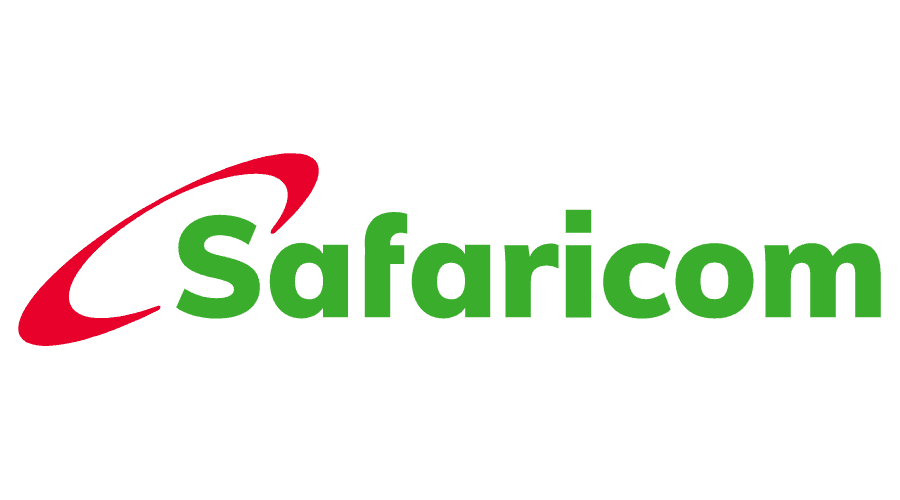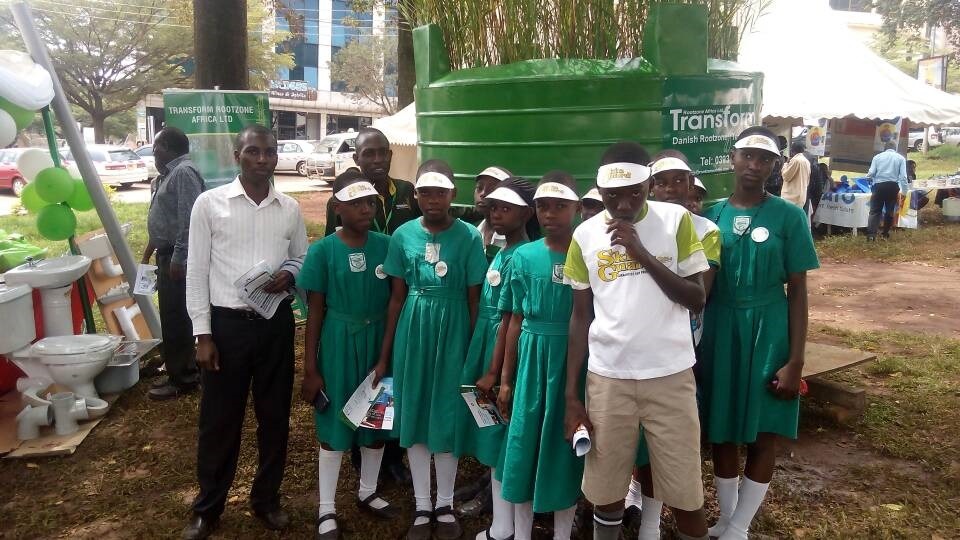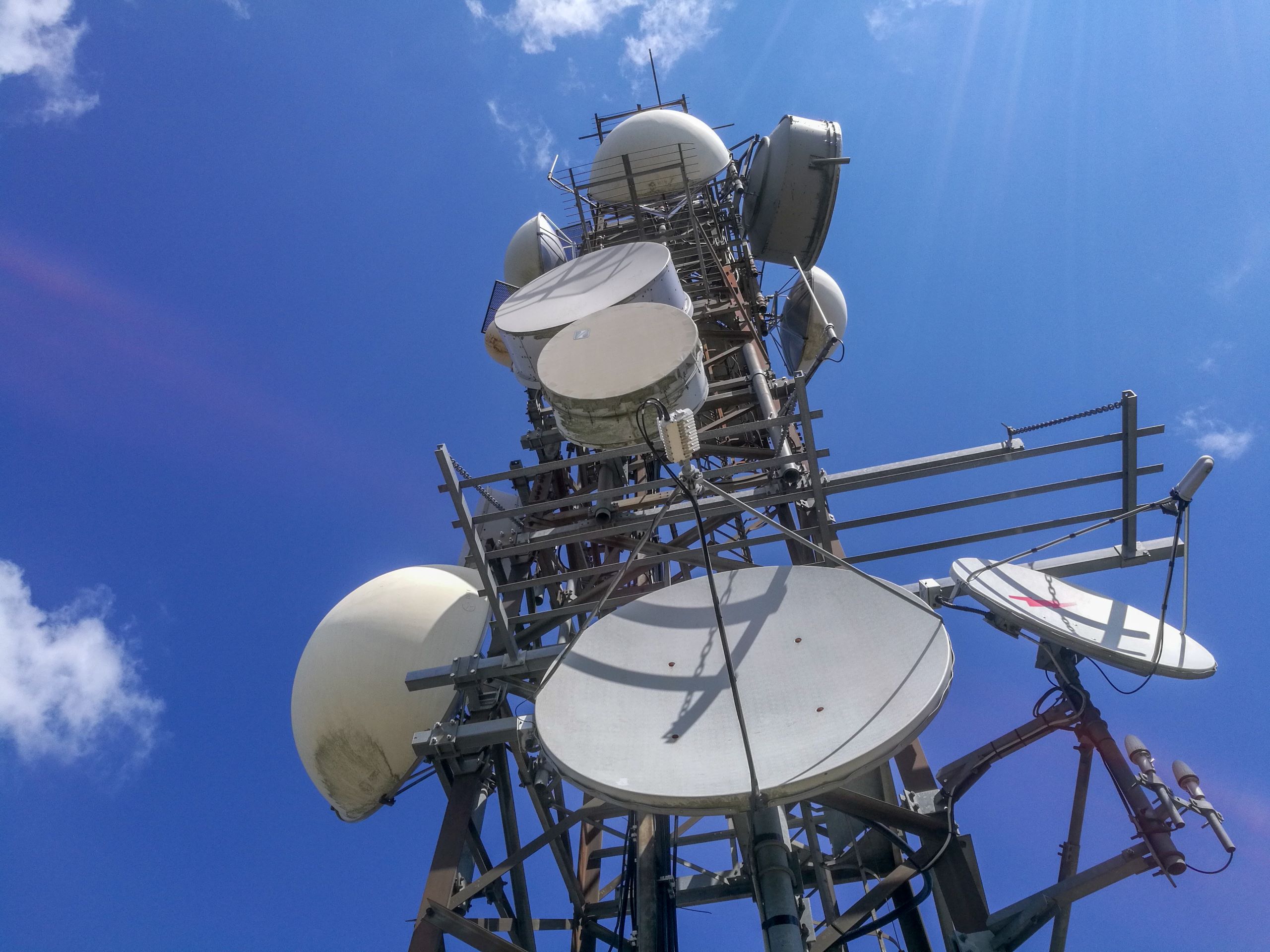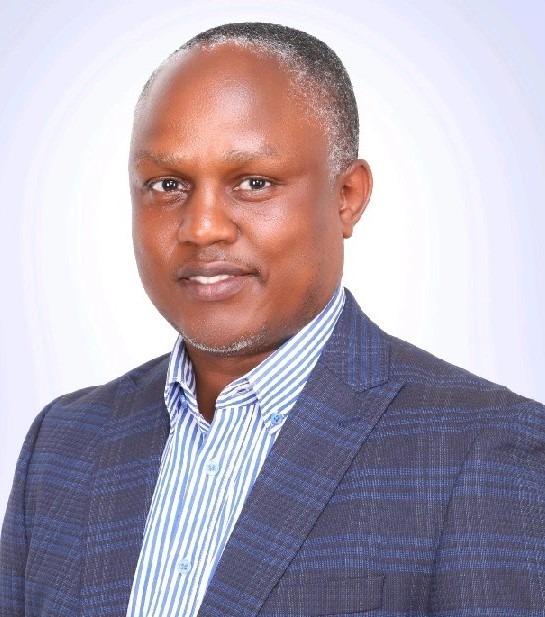A consortium of companies led by Kenya’s Safaricom, has won the license to become the second operator of telecom services in Ethiopia. The horn of Africa state is a “virgin” land for telecom services as hitherto only the Government owned Ethio Telecom has been operating in the country.
The Safaricom consortium will navigate a densely state entangled telecom terrain where until recently mobile money services, a cash cow for many telecoms in Africa, was not allowed by the government. To date only the state company, Ethio Telecom is mandated to develop infrastructure, meaning that Safaricom will have to rely on the state operator’s infrastructure. Under the terms of the bid, Safaricom will not operate mobile money services for at least a year.
The Safaricom consortium, named the Global Partnership for Ethiopia, comprises of Vodacom Group; Vodafone Group; Sumitomo Corporation – one of Japan’s largest international trading and business investment companies; and CDC Group – the UK’s development finance institution.
The consortium is expected to start offering services from 2022. Ethiopia is home to over 112 million people, making it the second largest country in Africa by population. It is one of the last countries in the world to introduce competition in the telecom industry.
Although in terms of numbers of subscribers and annual revenues, Ethio Telecom is bigger than Safaricom, the latter maintains a robust technologically advanced, highly commercialized and top-notch human resources, experience and expertise in the telecom sector in the region. Ethio Telecom boasts 60 million subscribers, returning annual revenues of US$ 1.19 billion, making it the 6th largest telco in Africa. Safaricom on the other hand boasts a subscriber base of 33 million, with annual revenues of US$ 1.89 billion – giving it 7th biggest telecoms on the continent, just one place behind Ethio Telecom.
Some of the top telecom companies in Africa in order of ranking of annual revenues are: Orange Egypt (US$ 11 billion), MTN (US$10.9billion), Vodacom (US$ 5.4 billion), Airtel (US$ 3.5 billion), Etisalsat Misr (US$3 billion), Ethio Telecom (US$ 1.9 billion) and Safaricom (US$ 1.89bilion).
The opening of the Ethiopian telecom market, was started by the government in 2019 as part of its Economic Reform Agenda, with the support of the International Finance Corporation. The reforms aim to increase jobs, reduce poverty and grow the economy.
The Safaricom consortium said their services will bring digital transformation, transformational economic and social impact in the country. “The provision of accessible, affordable and high quality mobile and internet connectivity by the Partnership will enable greater social inclusion as millions more Ethiopians access quality telecom services. Increased connectivity in Ethiopia will also boost the economy, impacting over 1 million jobs with digital training and skills, and bringing about productivity improvements for countless micro-entrepreneurs and small and medium sized enterprises.”
The Infrastructure Magazine understands that the Safaricom led consortium winning bid came in first at with a commitment to invest US$850 million. The other bid from South Africa’s MTN in consortium with China state Silk Road Fund lost with a US$600 million bid.
Peter Ndegwa, the chief executive officer of Safaricom, said: “We are excited for the opportunity to work with the people of Ethiopia to set up telecom networks to deliver a digital lifestyle. In past years, we have seen the power of digital transformation and its impact on our customers. We believe by working with all stakeholders in Ethiopia, we can deliver a similar transformation while achieving a sustainable return to our shareholders.”
Telcom analysts in the region say that the foray to Ethiopia marks the beginning of Safaricom’s roll out appetite to expand to the region. If the Ethiopia example works, we will see more of Safaricom making bids for acquisitions in the region as part of its expansion strategy.
On his part, Mohammed Shameel Joosub, Vodacom Group’s chief executive, said: “The consortium partners have a great track record for delivering transformative technology services, particularly when it comes to health, education and agriculture, built on quality telecom networks. We want to make a real difference to the lives of Ethiopians through promoting widespread digital inclusion as part of Vodacom’s pledge to connect the next 100 million Africans by 2025.”
Nick Read, the chief executive, Vodafone Group, the other member of the consortium, said: “This is a significant development for Ethiopia, which is one of the last very large markets in the world to introduce telecom competition. We want to play a transformational role in ensuring Ethiopia’s huge economic and developmental potential is realised through the deployment of next generation connectivity and digital services, creating an inclusive and sustainable digital society.”
Sumitomo Corporation’s executive vice president & chief digital officer, Toshikazu Nambu, said: “Sumitomo Corporation operates a variety of businesses across the world, and the media and digital sector is one of the most important areas for us. We plan to bring our ample experience in Asia and Japan and know-how for cutting edge digital transformation to a really emerging country, Ethiopia. We would like to realise a better life for the people of Ethiopia based on our corporate message, ‘Enriching lives and the world’, and contribute to the further development of Africa.”
Tenbite Ermias, CDC’s Head of Africa, said:“Modern, stable and flourishing economies are built on reliable affordable digital infrastructure, and access to global trade. We are ready to roll out a state-of-the-art network that will bring vital economic opportunities to tens of millions of Ethiopians, from urban dwellers to farmers, and to businesses large and small. This outcome has the power to unlock development over time and is great news for Ethiopians across the country”.













